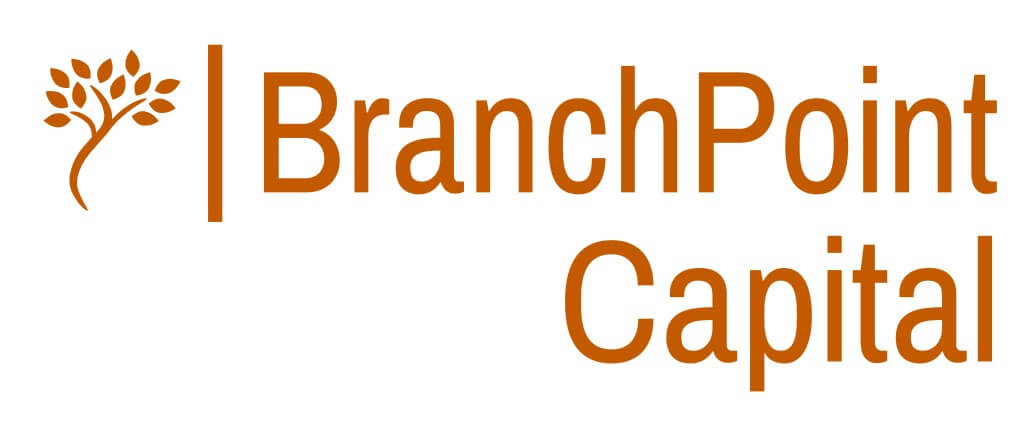
Not just anyone can invest in any type of real estate deal. There are certain real estate investments that are restricted to only those who meet the specific criteria of an Accredited Investor.
Now that’s not my own rule or that of particular investment managers. Rather, its the securities laws of the federal government, regulated by the Securities and Exchange Commission (SEC) and formally discussed here https://www.investor.gov/additional-resources/news-alerts/alerts-bulletins/updated-investor-bulletin-accredited-investors
According to the rules, an Accredited Investor includes an individual who:
- earned income of at least $200,000, or $300,000 jointly with a spouse, for the last two years, and reasonably expects to earn the same level for the current year, or
- has a net worth over $1 Million, either alone or jointly with a spouse (excluding the value of the person’s primary residence).
A trust or business entity can also be an Accredited Investor, as follows:
- A trust can be an Accredited Investor if it has total assets in excess of $5 million, it was not formed specifically to purchase the investment being considered, and the purchase of the investment will be directed by a sophisticated person.
- A business entity can be considered an Accredited Investor if all the equity owners are Accredited Investors.
In the SEC’s context, a sophisticated person is one who has “sufficient knowledge and experience in financial and business matters to evaluate the merits and risks of the prospective investment.”
The reason for such stringent requirements is because the deals in play here are not the typical investments that go through a very regulated process and get registered with the SEC and other regulatory authorities.
Rather, the investments that require Accredited Investors are not required to be registered with the SEC and are considered higher risk. Things like hedge funds, venture capital, and real estate syndications fall into this category.
The bottom line is that the government wants to ensure that anyone investing in such a higher risk investment has the financial means and sophistication to understand and accept that risk. They want to make sure that investors participating in such deals are able to “fend for themselves or sustain the risk of loss”.
One thing to know is that being an Accredited Investor is essentially self-identified. There is no registration or validation by the SEC or any accrediting body that declares someone an Accredited Investor. You will not receive a Certificate of Accreditation once your net worth hits $1 Million.
Instead, it is the responsibility of the Sponsor or business raising the capital and accepting the investments to confirm that their investors meet the Accredited Investor requirements. As such, if you’re looking to invest in one of these deals, such as an apartment syndication, then you need be able to confirm to the Sponsor that you meet the criteria.
For this reason, its important to know your net worth and keep up with your status as an Accredited Investor. This is especially true if your annual income, rather than net worth, is how you qualify, and that income varies from year to year.
If you would like to receive future articles and updates via email, please [ninja-popup ID=9820]CLICK HERE[/ninja-popup].
